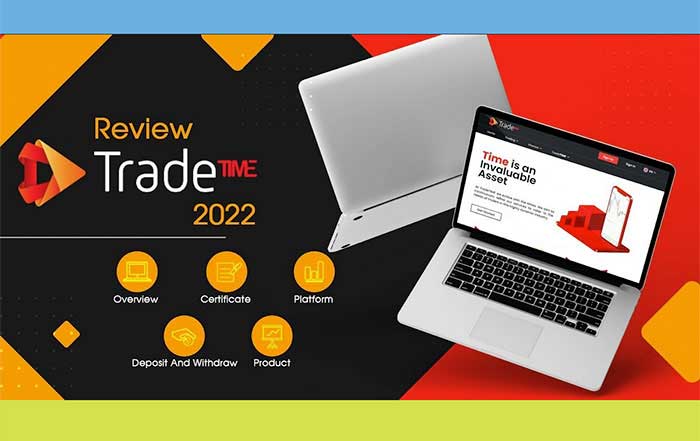In an industry first, Electrolux is launching a new `Appliance-as-a-Service' program for landlords and has signed one of Sweden's largest landlords, SKB, as the first customer. Electrolux is committed to contributing to the circular economy by integrating a circular approach into home appliance products and solutions and this is the latest example.
An appliance breaking down and needing repair or replacement can cause hassle and difficulties for a landlord, and may mean that a tenant is unable to cook, clean their clothes or dishes, whilst the landlord sources a repair or replacement. And right now, 68% of Swedish landlords* also throw out products unnecessarily, adding to environmental impact.
With this new subscription-based business model, SKB (Stockholms Kooperativa Bostadsförening) pays a monthly fee for which Electrolux installs, cares for and repairs the products, prolonging the appliance life length and reducing the carbon footprint per building. When an appliance replacement is needed, Electrolux will also oversee refurbishment as well as product recycling. The program is available to all developers and landlords; private, municipal, cooperative and also new building projects, student homes, holiday parks among others.
"Our new Appliance-as-a-Service program is an innovative and sustainable business model that contributes to a more circular economy. It means landlords and tenants can reduce their environmental impact, while we also make everyday life easier for them. We look forward to developing this service across other markets," said Stefan Borgquist, Senior Category Manager Product as a Service in BA Europe, Electrolux.
Electrolux has ambitious sustainability goals and the sustainability framework, For the Better 2030, defines how Electrolux works to achieve a Better Company, Better Solutions and Better Living. The Appliance-as-a-Service program for landlords is an example of a 'Better Solution' that promotes the circular economy and enables consumers to live more sustainably.
"At Electrolux we aim to lead in circular solutions where it matters. This new business model for landlords is a way for us to take the responsibility to optimise the appliance lifetime, making it sustainably better for us, our customers and the planet," said Peter Spencer, VP Consumer Direct Interaction BA Europe, Electrolux.
The program will be rolled out across additional markets later this year, starting in Europe.
"With the Internet of Things especially, combined with subscription and circular economy macro trends, the market is evolving and we see early signs that services based on these trends make sense for the consumer also in hardware electronics and appliances, " said Daniel Wentz, Electrolux VP Software Product. "It's important to understand the dynamic of such new models, and we look forward to learning more about the opportunities this could bring the consumer, our business and sustainably focus alike."
The new business models are currently being tested in Sweden and China.




